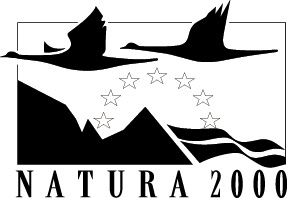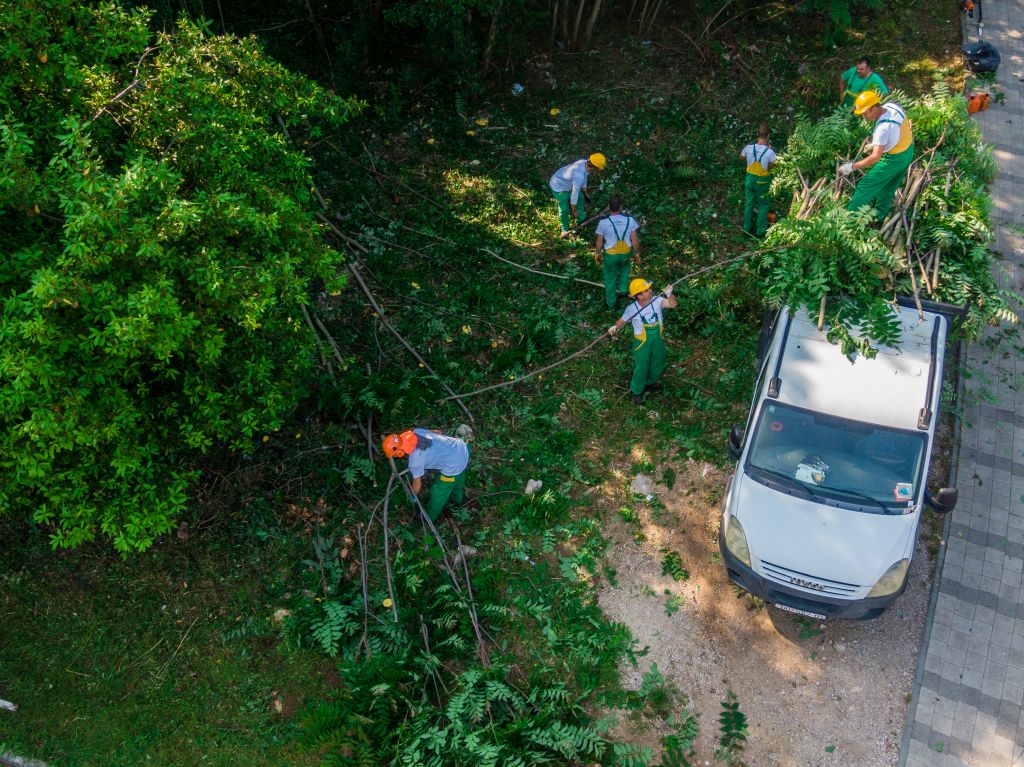
How to remove ailanthus?
How to remove ailanthus? How to remove and dispose of ailanthus on your (private) property?
The Ministry of Economy and Sustainable Development signed a grant agreement with the European Commission for the „LIFE CONTRA Ailanthus” project, which aims to establish control of the invasive tree species Ailanthus altissima.
The project is financed through the LIFE programme, the EU’s funding instrument for the environment and climate action. The lead partner of the project (coordinating beneficiary) is the Institute for Environment and Nature at the Ministry of Economy and Sustainable Development. Project partners are Public Institution National Park Krka, Public Institution for the Management of Protected Natural Areas of Dubrovnik-Neretva County, and Vrtlar d.o.o.
Ailanthus (Ailanthus altissima (Mill.) Swingle) is a tree species native in East Asia. Starting from the 18th century, it was used in horticulture because of its decorative leaves, fast growth, resistance to herbivores, and low environmental requirements. Today, it is considered one of the most invasive plant species in Europe. Ailanthus has a known negative impact on native plant communities, soil biota, and agriculture. It can cause allergic reactions and other human health issues, and it can damage cultural heritage with its extensive root system. Due to its negative impacts on biodiversity, economy, and human health at the level of the European Union, it was added to the list of invasive alien species of Union concern (the Union list). In Croatia, Ailanthus is widely distributed, particularly threatening the protected habitats and species in the Mediterranean region.
The project aims to establish control of Ailanthus altissima in targeted areas of the Mediterranean region in Croatia: two Natura 2000 SCI sites (SCI HR2000918 “Šire područje NP Krka” and SCI HR2001364 “Ji dio Pelješca”) and historic sites (cities Dubrovnik, Ston and Mali Ston).
The main expected results of the project are the improvement of the conservation status of Natura 2000 habitat types, the preservation of cultural heritage, the prevention of the further spread of the invasive alien species, and the development of a national protocol. Additional goals are to improve the capacity to manage invasive alien species and to raise public awareness of the negative impact of invasive alien species at the national level.
The total project budget is 2,591,937 €. The co-financing from the EU is 60% of the total project’s budget.

How to remove ailanthus? How to remove and dispose of ailanthus on your (private) property?
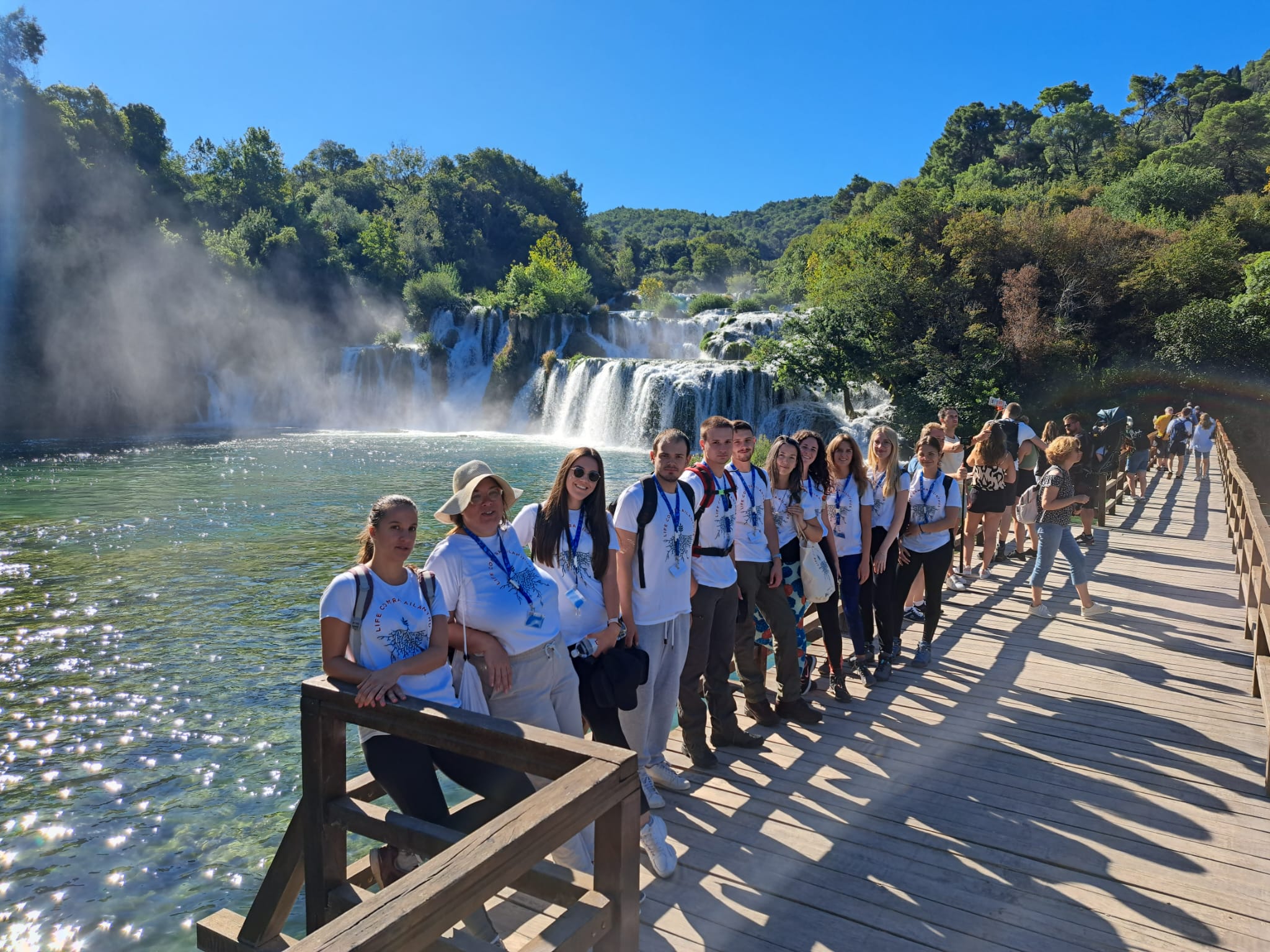
The first volunteer programme in 2023 at Krka National Park, called Indigenous Species and Habitat
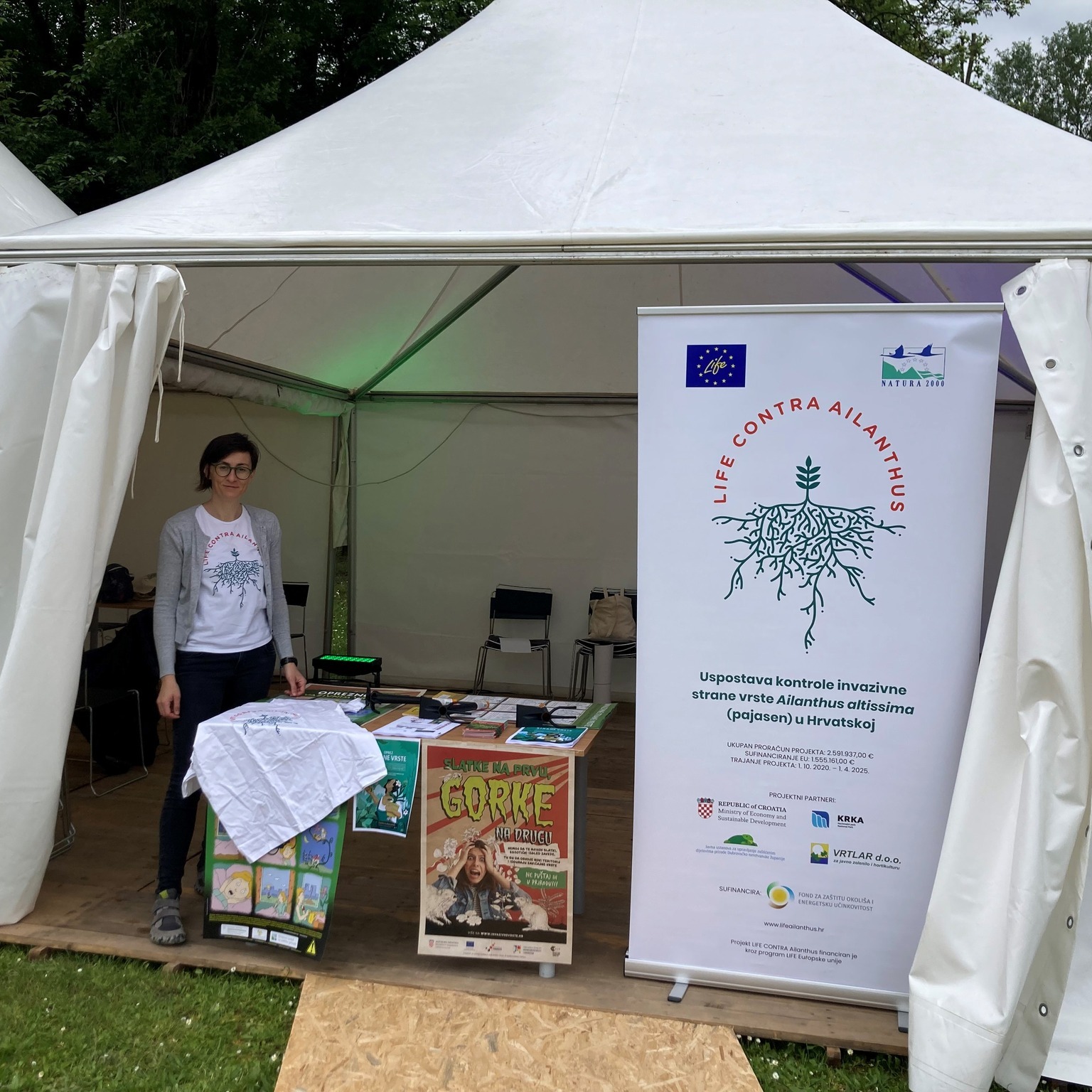
The international garden exhibition Floraart is the largest horticultural event in this part of Europe,
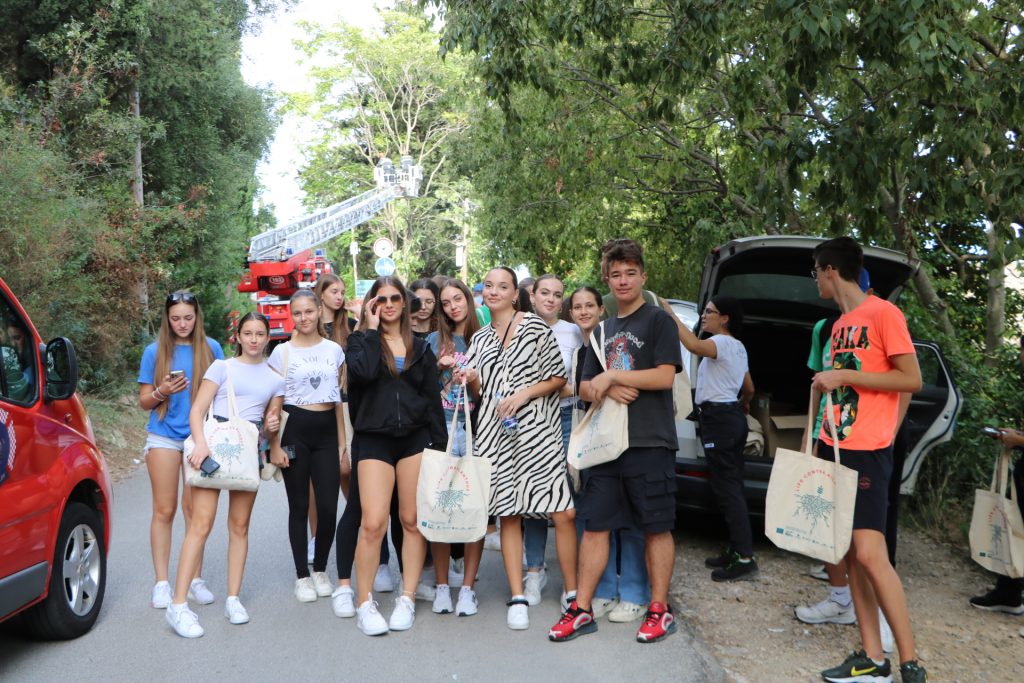
Employees of the Public institution for management of protected areas of Dubrovnik-Neretva county held an
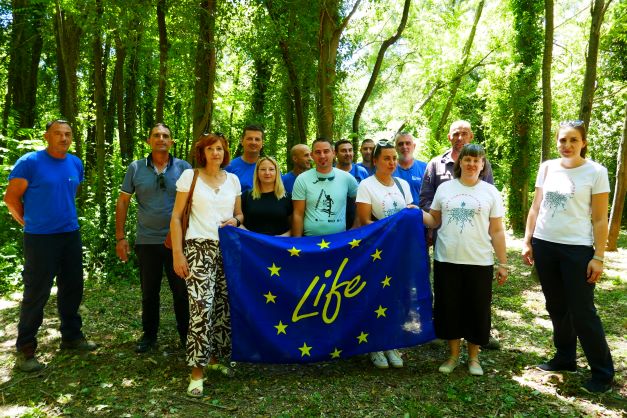
As a part of project activity A3 Education of the project team, employees of the

As a part of project activity A3 Education of the project team, employees of the
